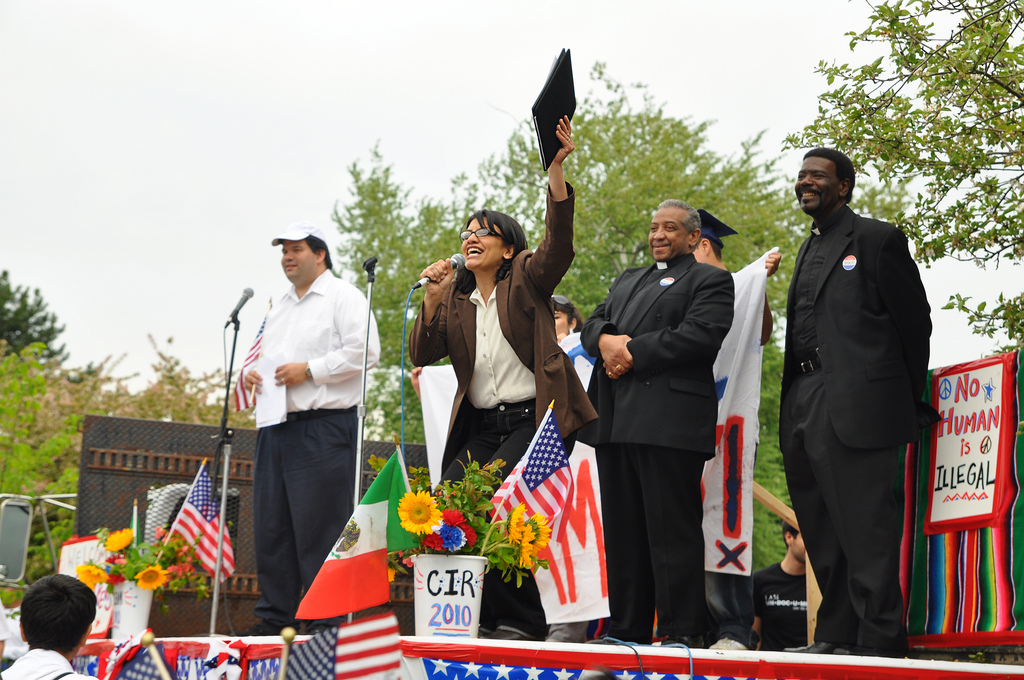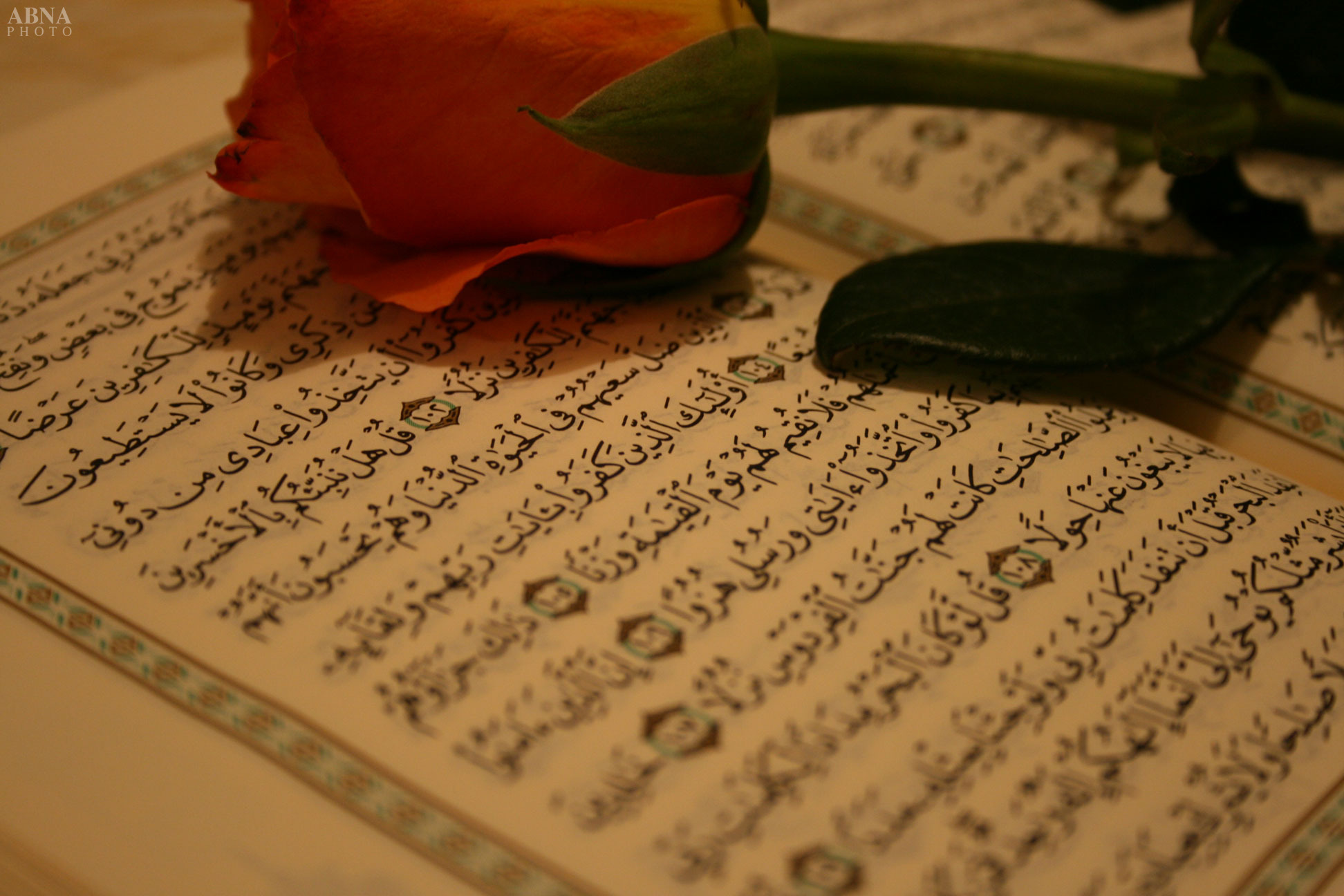After years of stymied efforts, reform in Saudi Arabia is focused on women’s rights. A recent survey by the Researchers Center for Women’s Studies in Riyadh examining Saudi newspapers and websites showed that from mid-January to mid-February 2010 some 40 per cent of articles in print media and 58 per cent of articles on websites addressed women’s issues.
Empowering women has become a priority for local activists and various initiatives are springing up to secure basic women’s rights. The most recent and ambitious of these efforts is a national campaign, driven by local actors, calling for women’s participation in municipal elections scheduled for autumn 2011.
Prominent human rights activists, women’s rights activists, writers and elected municipal council members are spearheading this national campaign for electoral participation, which was launched in March 2010. The goal is to coordinate activities on this issue throughout the Kingdom, including advocacy and media coverage, public meetings and speeches, writing to officials and training candidates. The Ministry of Municipal and Rural Affairs has not yet ruled on the issue of allowing women to vote or to register as candidates.
The relatively liberal position taken by King Abdullah on fostering the role of women in Saudi society has created an opening for such initiatives. In February 2009 the King appointed a woman to be Deputy Minister of Education, the highest public office in the country to be held by a woman so far. A few months later, a member of the Senior Religious Council was fired from his post after condemning King Abdullah University of Science and Technology’s co-ed environment.
In December 2009, Lama Alsulaiman was the first woman to win a seat in the Chamber of Commerce and Industry (CCI) in Jeddah and became the Vice Chairman of the most prestigious business organisation in the country. Following that, the Ministry of Commerce appointed four women board members to CCIs: Faten Bundaqji and Aisha Natto in Jeddah, and Hama Al-Zuhair and Sameera Al-Sowaigh in the Eastern Province.
Taking into consideration the social and religious restrictions on women in the society, Saudi businesswomen have made major strides in the last few years toward breaking down barriers and gaining legislation that created a less restrictive business environment.
For instance, in 2008 Prince Khalid al-Faisal, the Governor of Mecca, modified Article 160 of the Labor Law which prohibited men and women from interacting in a business environment. The Labor Ministry also revised labour laws in 2008 in order to give women the choice to work. Women no longer require a male guardian’s approval to get or leave a job. In the same year, the Trade Ministry also reversed a ban on women staying in hotels alone.
A new law is expected to give women the right to travel abroad without a male guardian’s approval and the ability to use their national identification cards to travel to Gulf Cooperation Council states.
Among many individual initiatives related to women’s rights is a campaign called “Where are my rights?” headed by Khloud al-Fahad, a businesswoman from Khobar, a large city in the Eastern Province of Saudi Arabia, who seeks to educate women about their basic rights and equality between the sexes via publications, a website and frequent media coverage.
Suad al-Shamary, the first women lawyer in the Kingdom, has pursued many cases related to violations of women’s rights to divorce and protection, child care and support, and compensation for injury. In cooperation with other lawyers, she is currently pushing for legislation to set the age for legal marriage in order to avoid the barbaric marriages imposed on young girls. Other initiatives include establishing centres to protect victims of domestic violence as well as campaigns on divorce rights, family laws and the rights of women married to non-Saudis. Most women’s rights initiatives are currently headed by individuals rather than associations due to the heavy restrictions on civil society organisations in the Kingdom.
The growing activism of women – spurred in part by their awareness of the greater involvement in public life of women in neighbouring states such as Bahrain and Kuwait, as well as attention from international figures such as Yakin Ertürk, Special Rapporteur of the United Nations Human Rights Council on Violence Against Women – have prompted tense debates between traditional ultra-conservative religious leaders and an increasingly outspoken liberal intellectual elite. Among the debated issues are gender interaction in schools and colleges, women’s sports, participation in elections for chambers of commerce and municipal councils, women’s driving, male guardian sponsorship, domestic violence, definition of marriage age and inheritance laws.
Conservative religious leaders still enjoy much influence and have been able to slow many liberal initiatives undertaken by the Cabinet to expand women’s role in government and to allow them entry into new sectors of public life. But while women face a long road to achieve their full rights in Saudi Arabia, as long as the King continues to support moderate change and women rights activists remain active, gradual and sustainable reform can take place.
Jafar Al-Shayeb is a Saudi writer, human rights activist and Chairman of the Qatif Municipal Council. This article is distributed by the Common Ground News Service.



